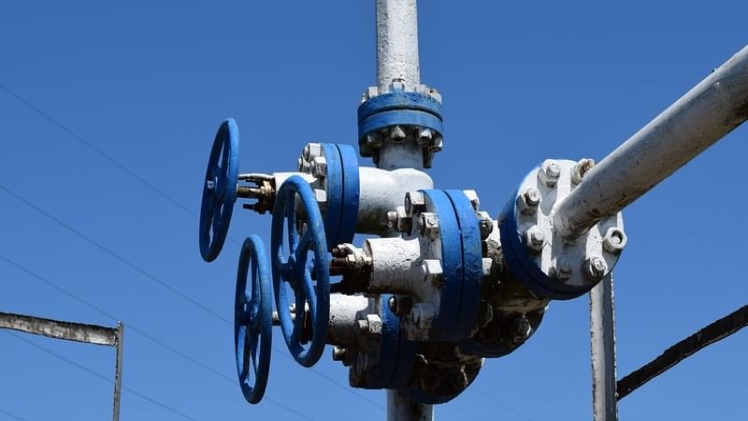Features and Guide To Choosing Water Pumps in Kenya

Due to changing demands and needs of Kenyans, there is need for one to take time and analyze the price of water pump and make a choice that will not compromise the quality of the product. This article seeks to highlight some basic details about water pumps and how the features relate to the price of the item.
THE MODE OF ENGINE OPERATION
One of the factors that determine the price of water pumps is the mode of operation of the engine. Basically, there are three types of engines: mechanical engines, diesel or petrol engines and electric engines. In each category, the prices will vary basing on the brand, power of engine and other features. Mechanically operated engines are becoming less common as technology advances.
1. Generator pumps
Perhaps these are the most common type of pumps in Kenya. They are available for domestic, medium and large scale use. Their engines are powered by petrol or diesel. Whereas petrol powered pumps are cheaper, diesel pumps are more powerful, last longer and have slightly lower operational costs.
2. Electric Water Pumps
These types of pumps are powered by alternating current, usually from the mains supply grid. They are cheaper to maintain. The main disadvantage of this electric water pumps is that they cannot be used in areas that have no electric supply network.Hybrid pumps are very expensive but very reliable because they use either solar or current from national electricity grid.
3. Solar Water Pumps
Technological advancements and campaigns for use of clean energy have paved way for emergence of solar water pumps. They are run by current that is generated from solar panels. These pumps are cheap and have very minimal operational costs since they rely on sunlight. However, they can only be used for light work or pump water in rivers or shallow well. To pump water from bore holes and deep wells, several panels are installed which makes the initial cost to be very high but the long-term cost is lower..
FEATURES OF THE PUMP
Features of the pump are basically the design of the pump and its components. Various parts are designed to suit specific needs and also target customer’s purchasing power. The water pump price in Kenya is mainly determined by features of a given pump. Here are the main features and how they are related to the price of the pump.
Image: Photograph of a water pump
1. Flow rate
Flow rate is the volume of water that a pump can deliver per unit time. Pumps with high flow rate cost higher because they can serve high demand in a short time; ideal for institutions, middle and large scale irrigation and commercial purposes. If a pump is indented for only domestic use, then pumps with lower rate can be an option.
2. Power of the Pump
The power of the pump is determined by the flow rate and the nature of liquid to be pumped. Pumps used for clean water will cost less because clean water is easier and lighter to pump. On the other hand, sludge, dirty or muddy and sewage water is made of particles of different size and weight making it hard to pump. Pumps used in such scenario cost more than those used to pump clean water or lighter liquids.
3. The Inlet Size
The size of the inlet directly determines the volume of water that the pump can deliver. Pumps with wider inlet are more expensive than those with narrow inlet. The size of the inlet will also be determined by the demands of the user. Most companies manufacture pumps with inlet size between 1 and six inches.
How to Choose a Quality Pump
As a rule of thumb, it is a good idea to purchase pumps from reputable brands. Building a brand name takes time and requires quality service and products. Therefore, making a purchase from such brands will cost higher.
To wrap up
The Kenyan market has many types of water pumps available at a range of prices. Before looking at the price, factors highlighted above should be considered. Whether it will be used for irrigation, household purposes, institutions or large scale and commercial uses, the customer should be careful so that they get value for their money.





